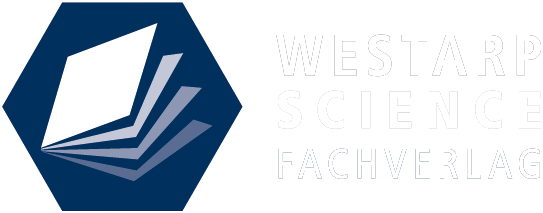Detlef Görrig
Evangelische Kirche und Dialog mit dem Islam
Zusammenfassung
Der Artikel gibt einen Überblick über die geschichtliche Entwicklung des christlich-islamischen Dialogs im Raum der Evangelischen Kirche in Deutschland (EKD) seit Mitte des 20. Jahrhunderts. Die Entwicklung wird als Lerngeschichte hin zu einer auch theologisch gewachsenen Akzeptanz der religiösen Vielfalt gesehen. Vor dem Hintergrund der Einordnung des christlich-islamischen Dialogs als Querschnittsthema kirchlicher Arbeit insgesamt werden der Religionsunterricht an öffentlichen Schulen, die institutionalisierte Seelsorge und die Friedensarbeit inklusive des Einsatzes für Umwelt und Nachhaltigkeit als aktuelle Handlungsfelder identifiziert. Wichtige Akteurinnen und Akteure sowie Organisationen im nationalen, bilateralen und multilateralen interreligiösen Dialog werden genannt. Anschließend stehen theologische, sozialdiakonische und gesellschaftspolitische Entwicklungen und Themen im Fokus, die mit den Stichworten Gottesverständnis, Mission, Integration, gesellschaftliche Teilhabe, Extremismus und Religionsverfassungsrecht verbunden sind.
Reformation, Theologie, Sozialdiakonie, Gesellschaftspolitik, Handreichungen, kirchliche Handlungsfelder, Zusammenleben, Islamismus, Religionsfreiheit, Mission, Konversion
Protestant Church in Germany and its dialogue with Islam
Summary
The article gives an overview of the historical development of Christian- Muslim Dialogue in the area of the Protestant Church in Germany (EKD) since the middle of 20th century. The development is perceived as a learning history towards an also theologically grown acceptance of religious diversity. Against the background of the categorization of Christian-Muslim Dialogue as a cross cutting issue of church work as a whole, the following current fields of work are identified: religious education in public schools, institutionalized pastoral care and peace work including commitment to the environment and sustainability. Important actors and organizations in the national, bilateral as well as multilateral interreligious dialogue are named. The focus is on theological, social-diaconal and sociopolitical developments and topics such as: understanding of God, mission, integration, social participation, extremism and religious constitutional law.
Reformation, theology, social diakonia, social policy, handouts, ecclesiastical fields of action, living together, Islamism, religious freedom, mission, conversion
71. Ergänzungslieferung / 2022 / Gliederungs-Nr.: XVI – 4.1.1

